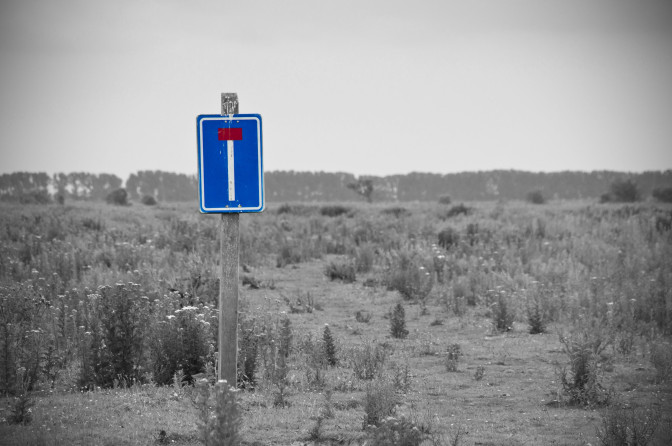I think the term “brick wall” is used too easily for any ancestor where you don’t know the parents. I think you shouldn’t call someone a brick wall ancestor unless you gave it your best shot.
Many genealogists are familiar with the Genealogical Proof Standard (GPS), as formulated by the Board for Certification of Genealogists. The GPS as has five components:
- Reasonably exhaustive research
- Complete and accurate source citations
- Careful analysis and correlation of evidence
- Resolution of any conflicts
- A well-reasoned written conclusion.
For brick walls, I think we should have something similar. Let’s jokingly call that the Genealogical Unproof Standard (GUS). You cannot call something a brick wall until you meet the GUS. The criteria are the same as the GPS, except the last one. You won’t have reached a conclusion since then it would not be a brick wall. The fifth criterion for the GUS is a well-reasoned written report.
It’s amazing how often writing a report triggers new ideas or makes me realize evidence I had missed at first glance. I no longer call people brick walls unless I have a report documenting all the things I have tried.

Dead end nature. Credits: Bert Kauffman, Flickr (CC-BY-SA).


That makes sense…I did just that for one of the ancestors I do consider a brick wall – my 6th great-grandfather, James Spong, who appears to have sprung from nowhere to marry in Canterbury, Kent, in 1746… The one document that might shed light on the matter has not been digitized and resides at the Canterbury Cathedral Archives, an ocean away. At some point I will pay the $150 to have it digitized and hope it finally breaks that wall for me.
I generally do follow the GPS and write up a report explaining why I can’t come to a conclusion.
At least you know the next step! Hope you will solve it one day.
Thanks…ideally, I will get to travel to the UK myself within the next couple of years and visit the CCA myself – lots of documents there for my family that haven’t yet been digitized!
I like this idea!